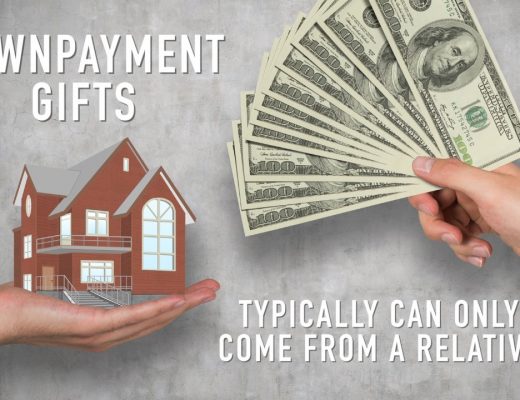 Code violations can extend the homeselling process—even halt it altogether. It’s a solid investment to hire a home inspector before placing your home on the market.
Code violations can extend the homeselling process—even halt it altogether. It’s a solid investment to hire a home inspector before placing your home on the market.
A quality home inspector knows local codes—from electrical, plumbing, building, structure and more. They can help sellers understand any code violations and the steps and costs necessary to become compliant. When the city records a violation, a fee is assigned to the property. Because violations don’t appear as a lien on a title search, it can be difficult to determine whether a sanction has been assessed that will delay closing.
Violations can include the presence of garbage in a yard, maintenance issues, overgrown lawns, non-sanctioned improvements, safety issues or other dangerous items needing repair.
Here are some of the most common inspection problems:
Bedrooms: All rooms listed as bedrooms must have an operating window with 30 square inches of clearance for fire escape. Bedrooms also must have heat. If a home is listed with three bedrooms, and one does not meet both these requirements, it cannot legally be called a bedroom.
Furnaces and compressors: Rust in the heat exchange is a common problem that shows up on inspections. So is missing insulation where required by code at the time the house was built, or, at the time improvements or replacements were installed.
Electrical: Common violations include junctions not enclosed in a junction box, a lack of ground fault circuit interrupter (GFCI) outlets in bathrooms and kitchens, or reverse-polarity on outlets.
Life-saving equipment: Smoke and carbon dioxide detectors are required by law in most states. Not having them—or not having the proper kind—is considered a code violation.
Plumbing: Violations can include everything from dripping faucets, to loose toilets, to improper drainage.
Structural damage: Common code violations include rotting wood trim around windows and doors, rotten or delaminating siding and missing flashing on roofs or above windows and doors.
Extra rooms: Some homeowners renovate basements or add sunrooms without permits. Be sure your improvements and additions are backed by the proper permits and resulting inspections.
Don’t hurt your sale because of code violations that can easily be fixed. Get an inspector, make the changes and enjoy the comfort your efforts bring when your closing comes to fruition.



